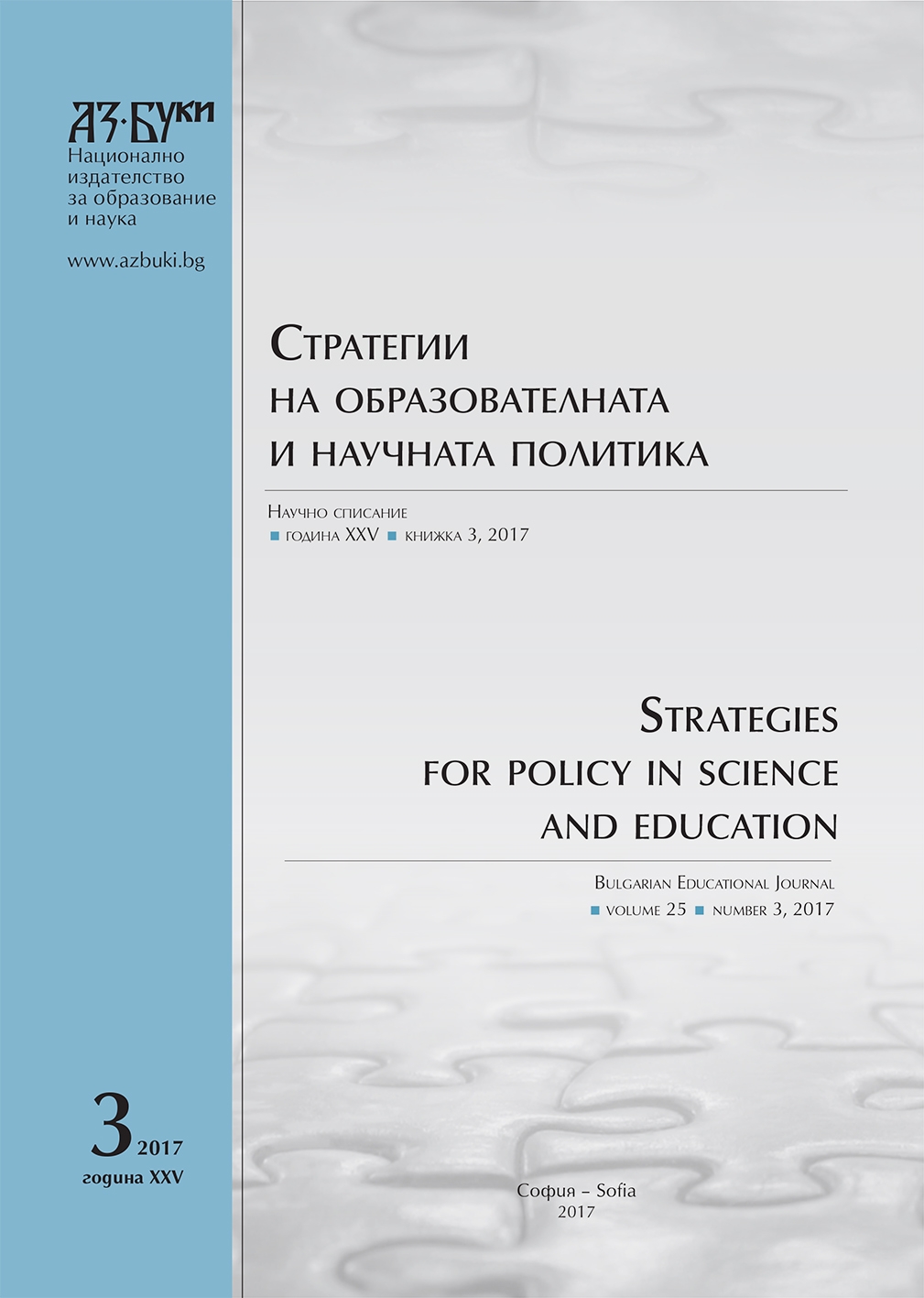
We kindly inform you that, as long as the subject affiliation of our 300.000+ articles is in progress, you might get unsufficient or no results on your third level or second level search. In this case, please broaden your search criteria.

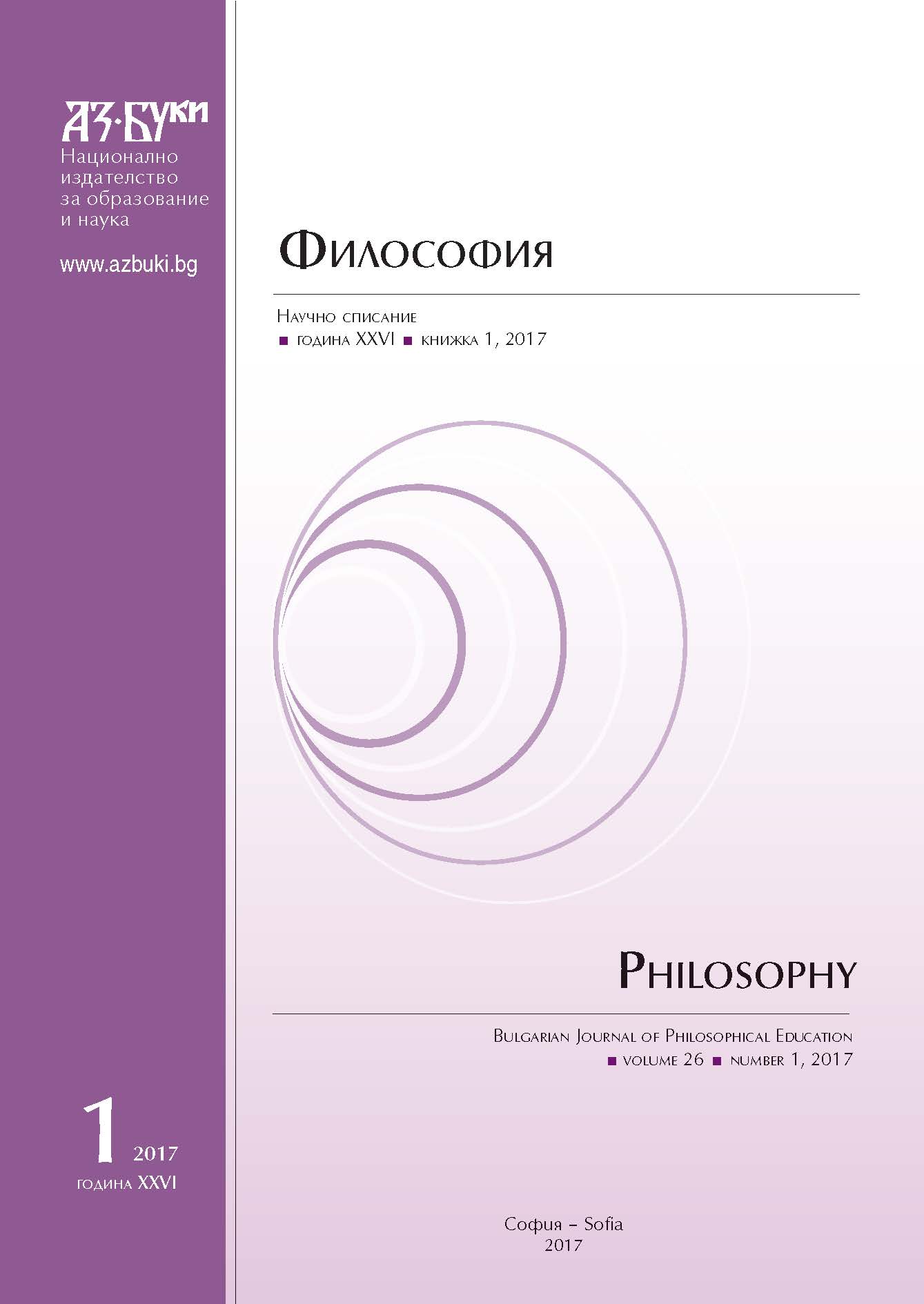
This paper analyzes the theory of provocative pessimism, as displayed by the Finnish philosopher Georg Henrik von Wright, which concerns, among many other issues, the justification of what he defines as environmental hysteria. By exploring the genealogy of the ‘tragic contradiction’ between knowledge and acting in von Wright’s sense, I outline how some of the problems regarding the negative consequences of sustainable development find their similar interpretation in the works of some of the most prominent Norwegian philosophers and environmental activists such as Hartvig Sætra, Arne Næss, Sigmund Kvaløy and Gunnar Skirbekk. Regarding the impact of sustainable development on environmental politics, some concerns about the need of improving quality of life, as represented by von Wright, Kvaløy and Skirbekk are explored. Last but not least, I investigate how von Wright, Sætra, Næss, Kvaløy and Skirbekk find the roots of (provocative) pessimism in the increasing challenges to our human condition
More...
The aim of this article is to interpret songs by Gabriel Fauré, Claude Debussy, Maurice Ravel and a less-known composer − Irena Wieniawska (1879−1932), based on the same poems by Paul Verlaine. In the first part of this paper, the relationships between Wieniawska, Fauré, Debussy, Ravel and Verlaine are subsequently described. Then, the author makes a comparison between selected songs by French composers and Madame Poldowski, indicating main similarities and differences. The final part consists of some remarks related to the fact that Wieniawska fulfills features of the French mélodie very strictly. This is why her songs seem to be more traditional, not so allusive and sophisticated as Debussy’s or Ravel’s vocal works
More...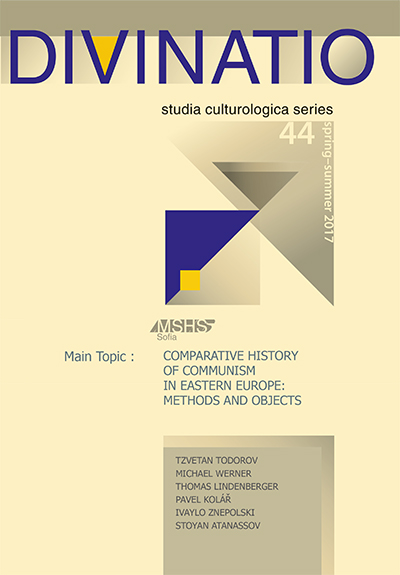
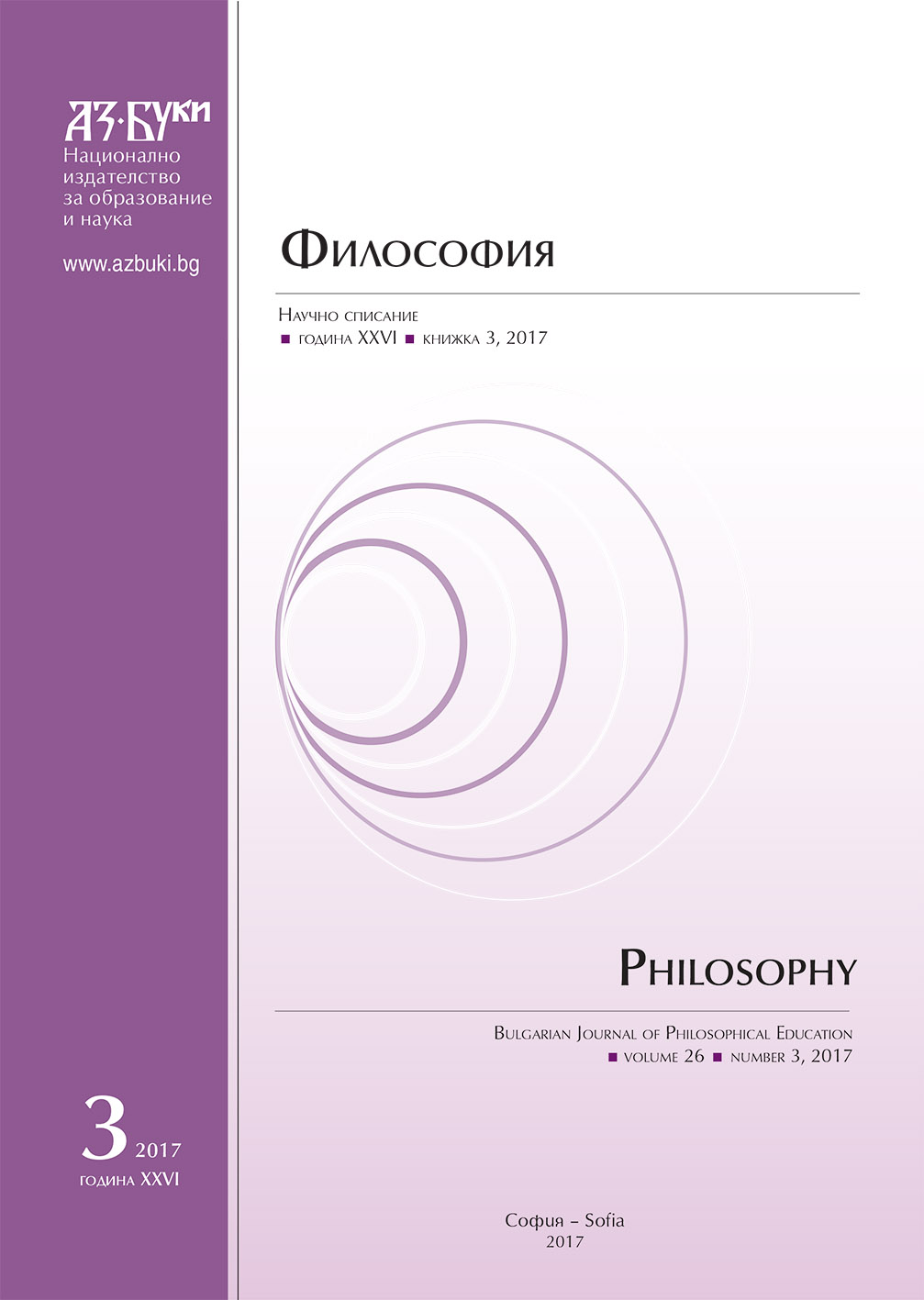
Тhe text aims to analyze some of the main themes of Bachelard’s work and to present Jean Libis to the Bulgarian audience – a French writer, philosopher and essayist.
More...
The article presents a sincere and personal view of Bachelard’s philosophy and his place in the philosophical community.
More...
The article investigates the philosophical influence of Schopenhauer on Gaston Bachelard and analyzes his references in various works of the French author. The text puts emphasis on Bachelard’s style characterized by its melancholy and metaphors for death, night and solitude.
More...
This article examines whether Willard Van Orman Quine’s indeterminacy thesis can be sustained. The argument from above, Quine argues, can derive indeterminacy as its conclusion. I will argue that the indeterminacy claim cannot be sustained. I further argue that Quine changed the formulation of the underdetermination of theory by evidence (UTE) argument from what Duhem said to the Quine/Pierce meaning verification view, in order use the new formulation of UTE to imply indeterminacy. Given all that, we see when we apply the old UTE argument we only arrive at underdetermination of theory by evidence, and that applies to all sciences, philosophy and knowledge, including philosophy of language. Quine’s argument of indeterminacy is one where the premises alone do not make the conclusion obvious, and further difficulty arises because he has not given enough examples of the indeterminacy in his writings. Given that, I will look at how can we draw the particular conclusion Quine maintains on the basis of the single fundamental premise he puts forward, bearing in mind Quine’s other philosophical views and background beliefs. I will look at further ways of approaching the indeterminacy argument, through which I shall try to examine whether Quine’s premise can derive the conclusion of indeterminacy, examining the role of the underdetermination of theories by evidence in the argument from above, and its relation to the indeterminacy thesis.
More...
After the emergence of Kant’s book in 1798 about anthropology from a pragmatic point of view, the field of pedagogical anthropology appeared and developed continuously. Therefore, it is of a great importance to know Kant’s ideas exposed in his “Anthropology”. He argues that anthropology is a discipline influenced by philosophy, culture and history. The pedagogical anthropology is no exception to this pattern. The aim of this review is to identify the major issues in Kant’s work which are fruitful in relation to education.
More...
Transcendental subjectivity becomes a problem for Husserl in relation to the egological consciousness. Genetic phenomenology must reveal the paradoxical nature of the time of consciousness, which is not equal to the consciousness of time. The answer is in the passive synthesis, shaping up the pre-reflexive, in the so-called “live present”, the flow of consciousness.
More...
The aim which is set in the research is a consistent analyzing of Hegel’s sensible world. Thus, it explicates the distinction between sensible and supersensible world. An important part is the specific, different understanding of the Subjective spirit’s structure, so as the entire Phenomenology. Such comprehension lays the metaphysical foundations and grounds of ethical life, like primordial, conceptual mediation. This prompting into representation of the bilateral dynamic between sensible and supersensible, to the unity and balance of feeling and reason understood like responsibility and necessity.
More...
This article analyzes the Being and the problems of modern man, as well as the relation between individual and society through the works of Erich Fromm. Issues such as destructiveness of individuals and communities, outlined are the “diseases” of modern times: alienation, broken identity, loneliness.
More...
This theoretical study presents conceptual views on the psychological mechanisms through which the regime, the social-educational work and the prison subculture influence on the mental functioning of prisoners.The penitentiary institution provides constructive and destructive transformations of the conscious layers into unconscious ones, as well as the reverse process.
More...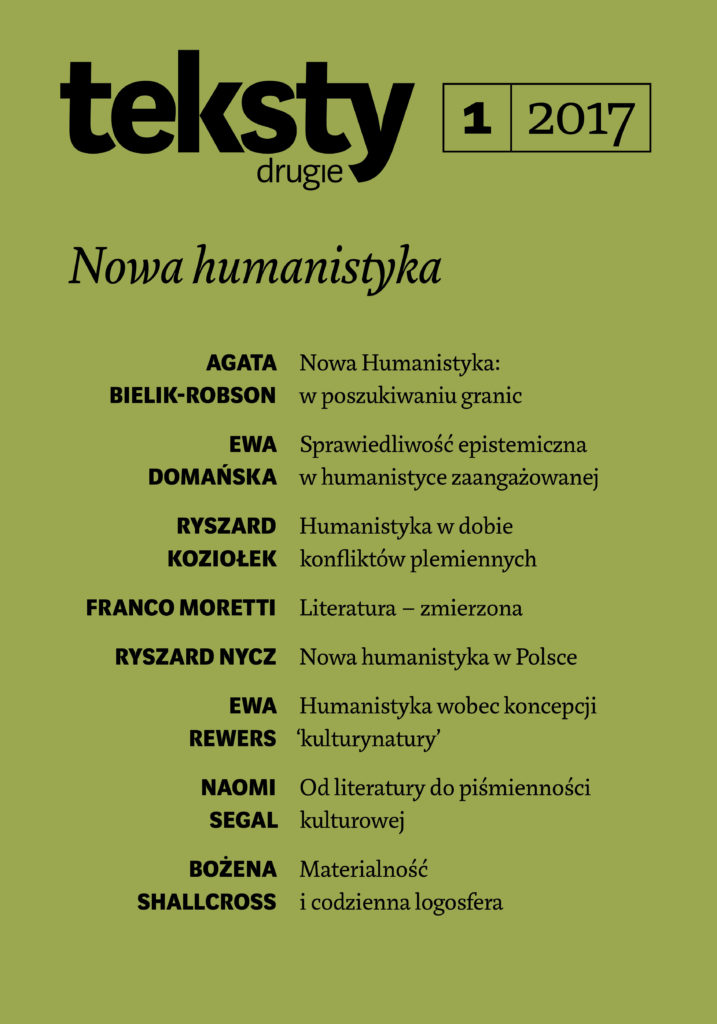
Bielik-Robson proposes a critical analysis of the New Humanities. Despite the seeming continuity of emancipatory approaches, she argues, the New Humanities are not founded on enlightenment philosophy but on Heidegger and his unconditional critique of modern subjectivity and its Machenschaft, i.e. its calculating attitude to the world, to which it does not feel connected. The lack of connection also signifies a lack of ties: the unbridled subject of calculating rationality turns out to be the source of unlimited violence towards being. The New Humanities oppose the hubris of such a notion of subjective freedom by trying to identify its limits: to link it with existence once again, and in this way to tie it up, to entrap and tether it. The goal is to experience the ‘blessing of limits’: not to make a progressive or transgressive move towards the exit, but to make a regressive move, somewhat like the prodigal son – a manoeuvre that the tragic Greeks described as nostos or ‘return home’.
More...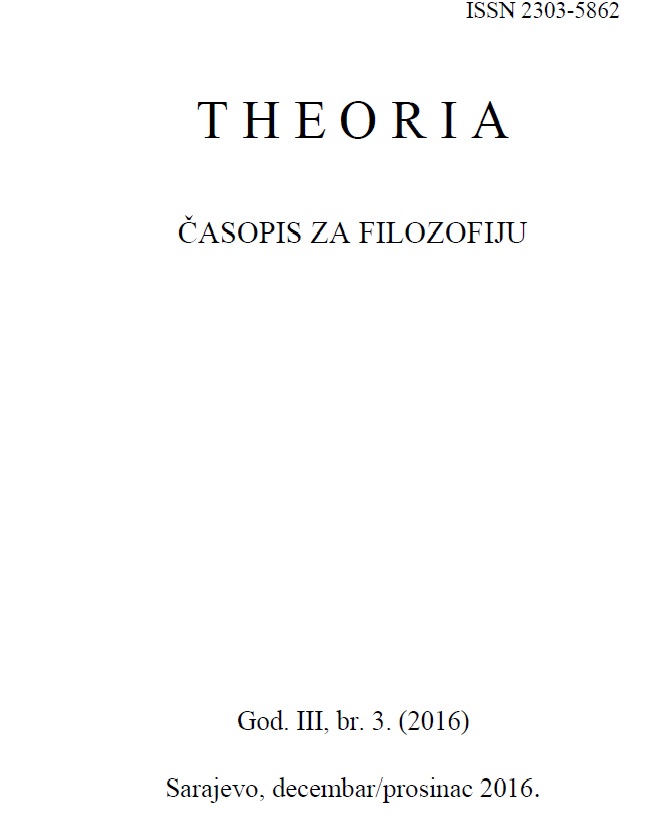
Philosophical thinking and understanding of individuality and its role in the context of the crisis of modernity is necessary so we could objectively and critically perceive the picture of modernity, but also to perceive its crisis. Many philosophers, among which is impossible not to mention philosophical thought of Hegel and Kierkegaard, were thinking about self return, the importance of individuality and the birth of subjective freedom. Both of them agreed in the case of turning point in the history of human spirit, the turning point which was marked as the path of self return. That turning point they saw in Sokrates, and it was decisive for the birth of consciousness of freedom. Although Hegel and Kierkegaard differed in many ways, this turning point was place where two of them had met and agreed. On this fundament where self –determined and self-consciousness individual is established, it is possible to expect overcoming the crisis of modernity. This overcoming requires special kind of dialogue that will be full of tolerance and mutual respect.
More...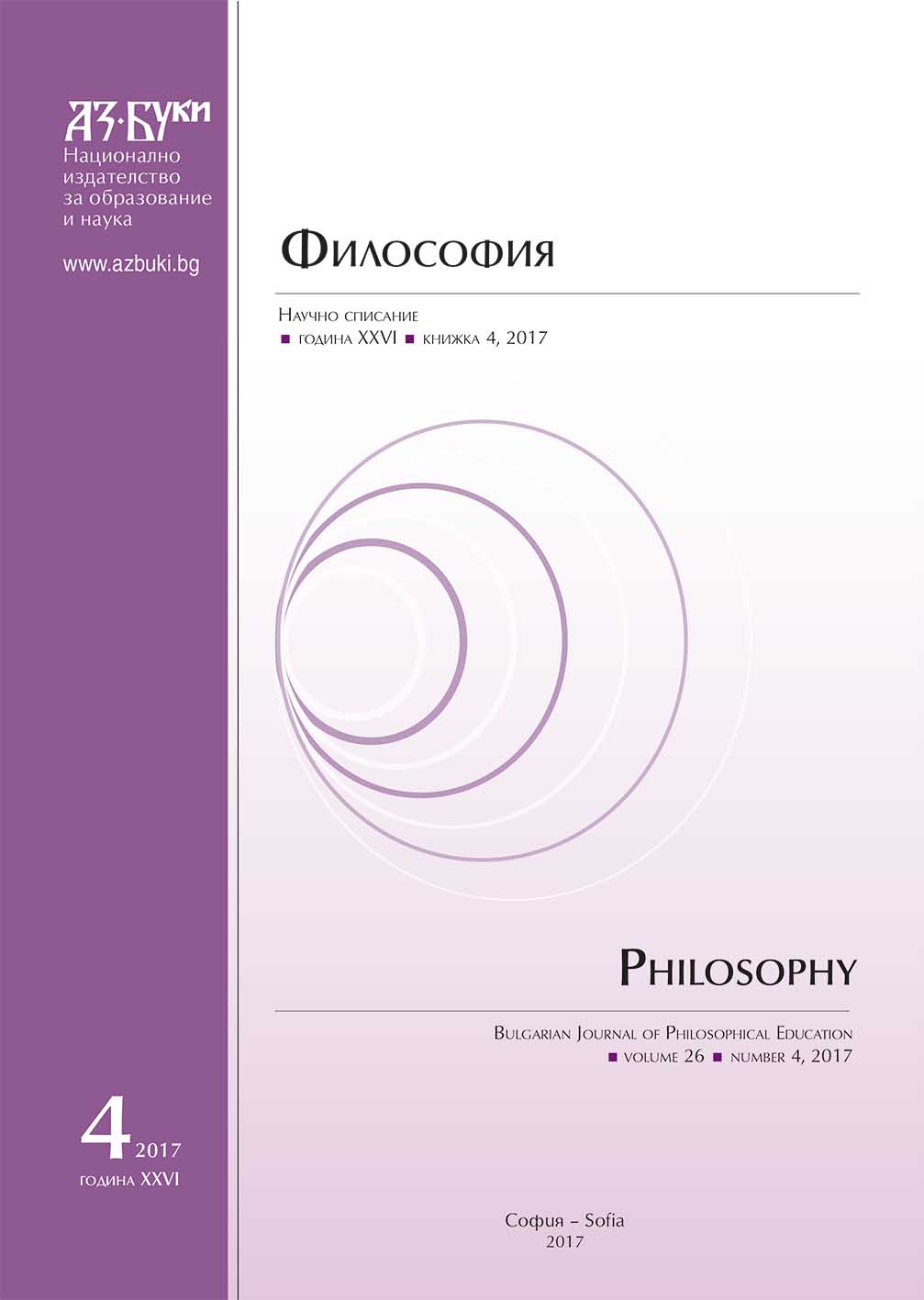
The paper analyzes the religious and the secular dimensions of the “God’s elect nation” myth, outlining that associating religion and mythology is one of the social-psychological mechanisms used to create and maintain the nation. The cultural mechanisms of the paradoxical reduction of religious universality to the local/national, the transformation of that which binds into that which separates are explained. The thesis is elaborated that the “nationalization” of God, whereby his transcendence is replaced by historical immanence, holds a potential to engender conflicts even between communities of the same religious confession. A sufficient number of historical instances indicate that most nations and peoples have each their own specific religious or secular myth of divine election or messianic myth of some exclusive mission or value; these myths are activated under conducive conditions. The situations that provoke feelings of ethnic or national unity and activate messianic mythologies are outlined. The religious radicalization is analyzed either as resulting from political and ethnic radicalization, from war, or as involved in these processes. The functions of intellectuals, of rationality and reason are discussed.
More...
The building of a national identity for the Russian Orthodox Church (ROC) at the beginning of the 1990s can best be understood by examining what are roughly the early years, from 1991 to 1994, when the foundations for the identity building were established. During these years, which were a time of chaos and reconstruction for the Russian nation, the ROC started to develop its understanding of national identity. This development took place in reaction to different kinds of crises, conflicts and problems, which the ROC faced due to a changed societal situation and which needed an answer, although the inner rebuilding of the ROC was still unfinished. The aim of this paper is to analyse the doctrinal argumentation on national identity that took place during those tumultuous times, when the ROC found itself situated within new national borders. My specific questions are: Were religious doctrinal arguments about a nation completely unthinkable in the chaotic situations at the beginning of the 1990s? Does a doctrine lose its religious nature and motivation when the ROC uses it as a means of co-operation with the state and politics? Did the ROC’s doctrinal interpretations generate a nation of peace or conflict in the 1990s?
More...
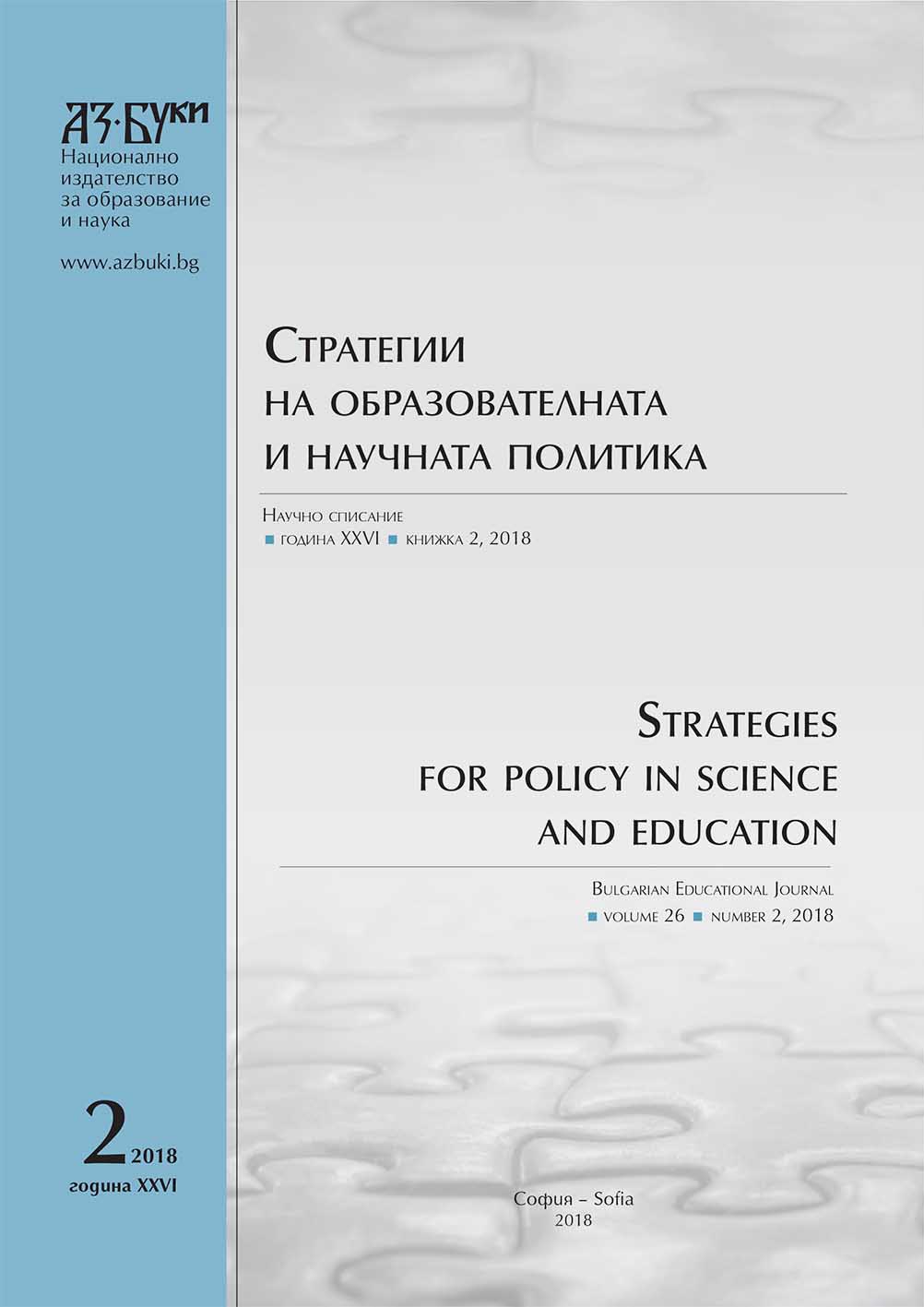
This paper explores the semantics of possible worlds where the rules for the trans-world identification of objects are considered. Different logical theories on the meaning and reference of the name will be considered in the context of the semantics of the possible worlds. The purpose of this study is to show whether the meaning of a name is a criteria for trans-world identification. If the answer to this question is positive, it would mean that the category meaning is objective.In order to answer this question, some philosophical theories on how a definition is formed and how intent and extension are understood will be considered. The aim is to explain how we understand the meaning of the terms objectively, which could serve as a criteria for trans-world identification of objects.
More...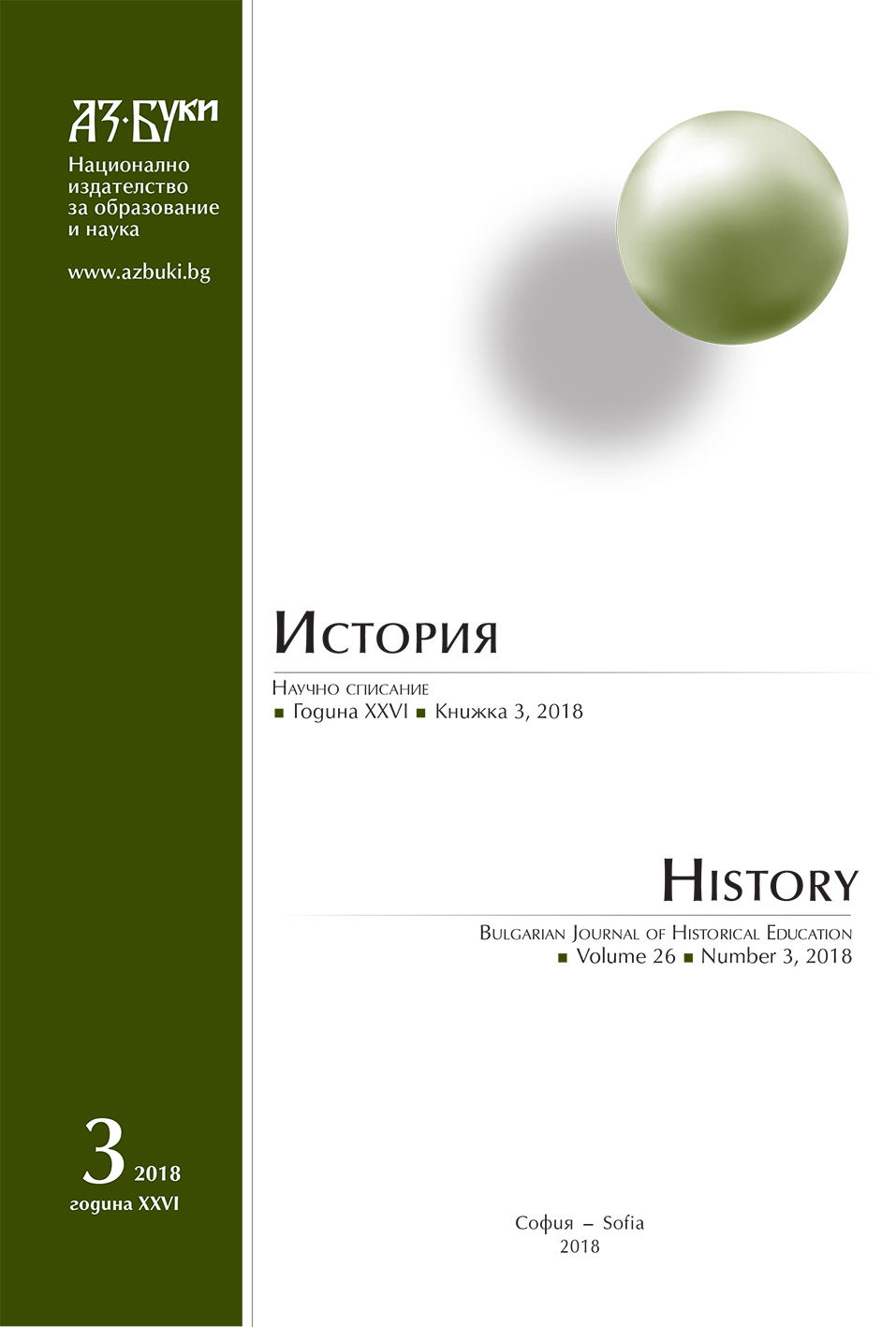
This article is an attempt to explore and offer new interpretations of the personality and works of the notorious Marquis de Sade. A topical matter, de Sade’s literature is important today, as it was back in the past. His impact has shaped the ideas of several famous philosophers, writers, and public figures. The question on debate here is to what extent this impact has been analyzed correctly from the historical perspective.
More...